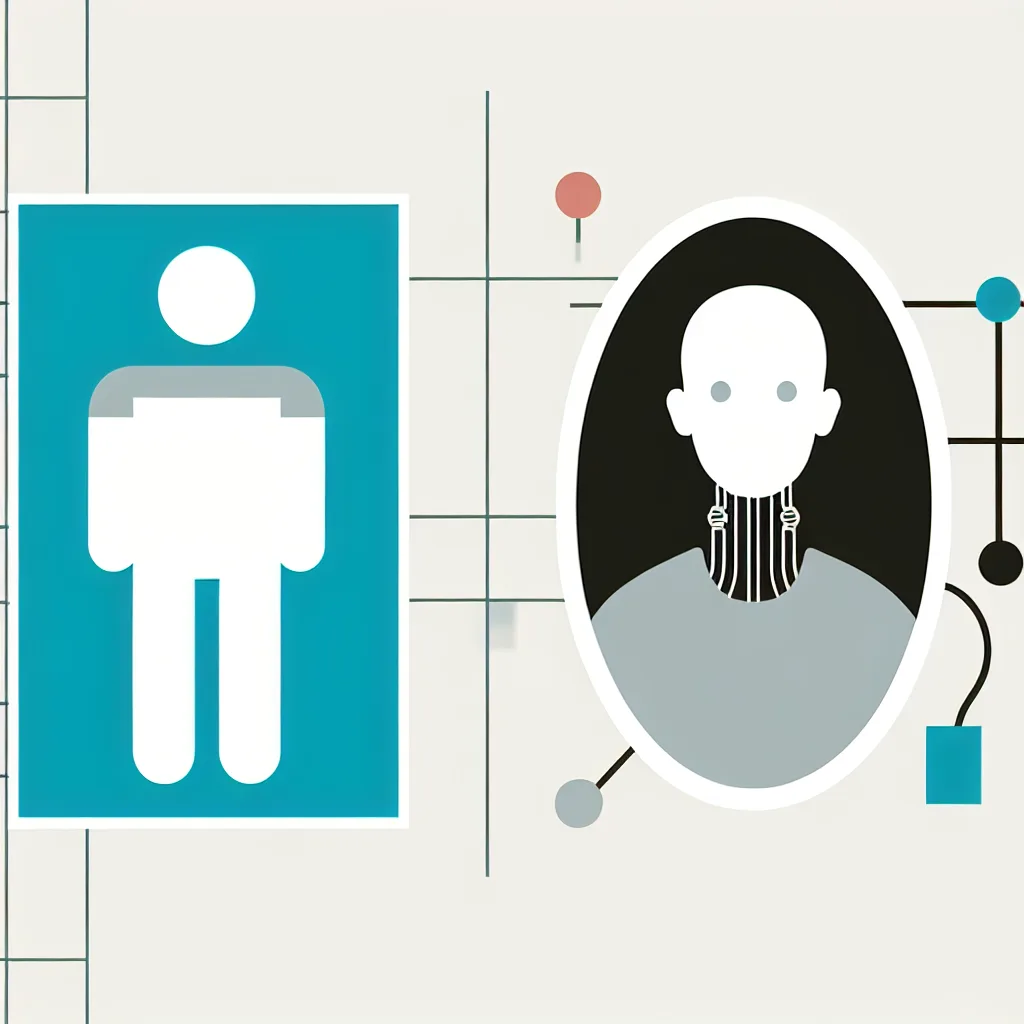Understanding how AI reflects human tendencies towards control and manipulation
Have you ever paused to think about how AI systems seem almost like mirrors reflecting us back? What’s particularly fascinating—and a bit unsettling—is how AI often shows us the depth of human desire for control. We want to manage every detail of our lives, and when we create AI, it sometimes echoes this need in ways we might not expect. This article explores this connection between AI desire control and our own impulses tightly woven into the technology.
The AI Desire Control Mirror
AI isn’t just code or algorithms—it’s a reflection of human hopes and fears. At its core, AI systems operate based on data created and curated by people, which means they end up showing us patterns of what we want: predictability, order, and yes, control. This instinct to control is deeply human. We want to manage outcomes, steer situations, and sometimes even manipulate circumstances to our advantage.
AI often mirrors this desire because it’s designed to fulfill specific tasks efficiently and predictably. From personalized ads nudging us in certain directions to automated systems managing financial markets, AI amplifies our urge to take control of complex or uncertain environments. Sometimes, this seems like a shortcut, a quick way to manage the chaos around us. But here lies an ethical puzzle.
The Ethics of Control in AI
Using AI as a shortcut to control might feel practical, but it raises questions about manipulation and the boundaries of influence. When AI models predict behavior to optimize engagement or sales, they can edge into exploiting human psychology, sometimes reinforcing biases or pushing us toward certain choices without us even realizing it.
Think about social media algorithms that select content based on what keeps you hooked. This isn’t just convenience; it’s a form of behavioral control engineered through AI. Are we okay with that? How much control should machines have over our attention, our choices, even our thoughts?
Why It Matters to Us All
The urge to control through AI isn’t inherently bad—it’s natural to want to reduce uncertainty. But awareness is key. Understanding that AI systems often reflect our own needs and fears helps us be more critical users and creators. It nudges us to ask: Are we designing AI to empower and inform, or just to control and manipulate?
As AI continues to grow, conversations about ethics, transparency, and responsibility become vital. Leaders in tech and society alike need to find balance. We need AI that supports freedom and creativity without trapping us in invisible cages of control.
Final Thoughts
The relationship between AI and human desire for control is complex but important. When we see AI as a mirror rather than just a tool, we gain insight into ourselves—our hopes, our limits, and our responsibility to use technology wisely. By reflecting on these themes, we can shape an AI future that respects human dignity and choice.
If you’re interested in diving deeper into the ethical considerations of AI, check out resources like The Partnership on AI and AI Now Institute.
For a clearer understanding of AI’s role in user behavior, visit Nielsen’s insights on AI in marketing.
Have thoughts on AI’s role in control? It’s a huge topic, and chatting about it helps us all think twice about the digital future we’re building.
